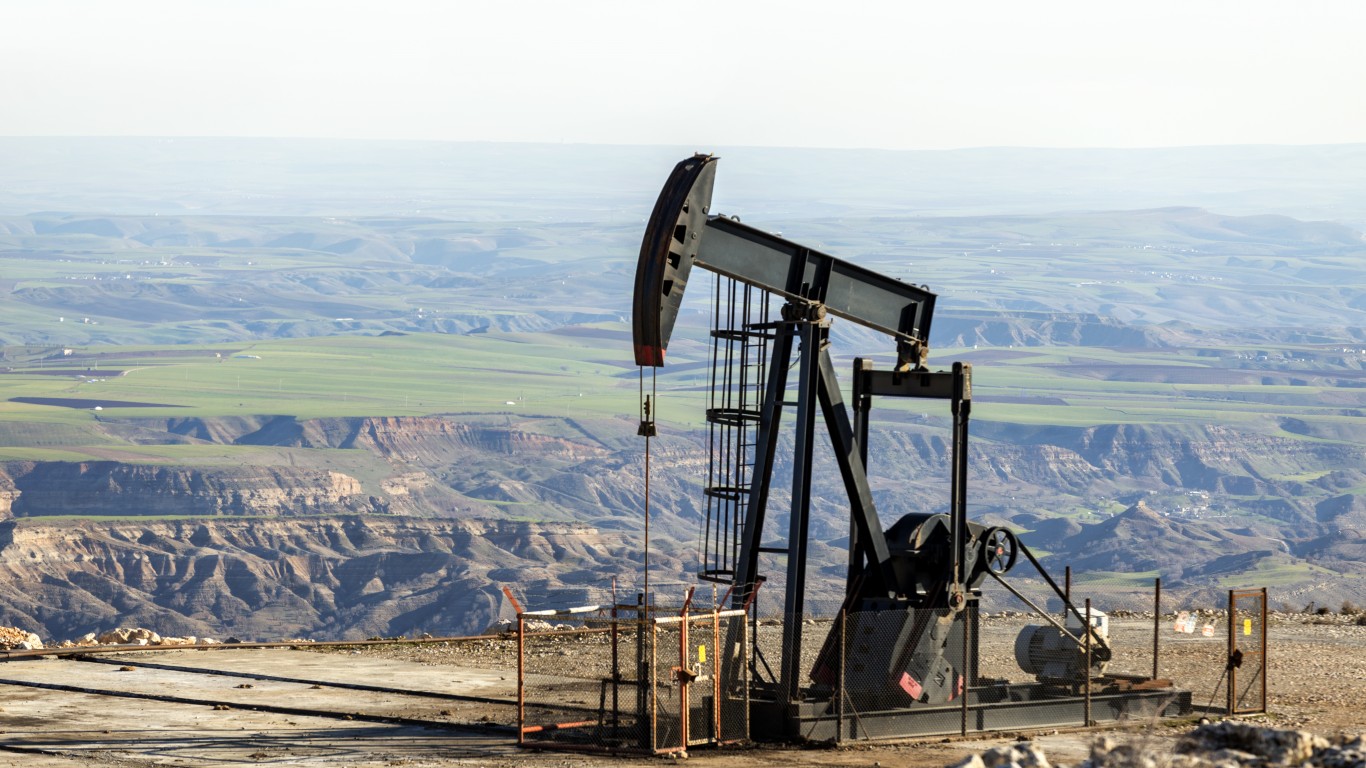Investing
Before the Bell: Natural Gas Production Comes Out of Deep Freeze, GE Healthcare to Debut in S&P 500

Published:

Premarket action on Thursday had all three major U.S. indexes trading higher. The Dow Jones industrials were up 0.21%, the S&P 500 up 0.43% and the Nasdaq 0.66% higher.
All 11 market sectors closed lower Wednesday, with energy (−2.22%) and technology (−1.64%) slipping the most. Financials (−0.42%) and health care (−0.64%) posted the day’s smallest losses. The Dow closed down 1.1%, the S&P 500 down 1.2% and the Nasdaq down 1.35% Wednesday.
Trading volume was lighter than the 30-day average, and traders, who began the day on an upbeat note, lost whatever conviction they started with, as equities traded around closing lows by noon. A few half-hearted bounces later, markets closed with a thud. Crude oil opened near $80 a barrel and closed down about $1.00. Crude traded below $78 early Thursday morning.
Before the opening bell Thursday morning, the Bureau of Labor Statistics will release its weekly report on new claims for unemployment benefits. Economists expect new claims to rise by 4,000 to 220,000 for the week ending December 24. Data for continuing claims lags by a week.
| Category | Dec 17 | Dec 10 | Dec 3 | Nov 26 | Nov 19 |
|---|---|---|---|---|---|
| Initial Claims | 216K | 214K | 231K | 226K | 241K |
| 4-Wk Moving Avg | 222K | 228K | 230K | 229K | 227K |
| Continuing Claims | 1672K | 1678K | 1670K | 1609K | |
| 4-Wk Moving Avg | 1657K | 1627K | 1582K | 1539K |
After markets open, the U.S. Energy Information Administration will release its weekly reports on petroleum and natural gas inventories. Last week, the EIA reported that crude inventories dropped by 5.89 million barrels in the week ending December 16. The American Petroleum Institute reported late Wednesday that the crude oil inventory dropped by about 3.1 million barrels last week.
Natural gas production has been hit hard by the severe winter storm that pounded virtually the entire country last week. Production from the Appalachian Basin of Pennsylvania and Ohio fell by as much as 27% due to frozen wells and equipment. Toby Rice, CEO of EQT Corp. (NYSE: EQT), the country’s largest gas producer, told Bloomberg on Wednesday that cold weather in the Appalachian Basin cut EQT’s production by 30%, but he expects production to be back at normal levels of around 5 billion cubic feet per day by the end of the week.
Earlier this month, GE gave investors a peek at the new company. Revenue for the first nine months of the year totaled $13.4 billion, down from $17.59 billion for the same period in 2021. Profits, however, improved from $1.16 billion last year to $1.31 billion.
GE also has plans to combine its renewable energy, power and digital units into a separate company that will be spun off sometime in 2024.
If you’re like many Americans and keep your money ‘safe’ in a checking or savings account, think again. The average yield on a savings account is a paltry .4% today, and inflation is much higher. Checking accounts are even worse.
Every day you don’t move to a high-yield savings account that beats inflation, you lose more and more value.
But there is good news. To win qualified customers, some accounts are paying 9-10x this national average. That’s an incredible way to keep your money safe, and get paid at the same time. Our top pick for high yield savings accounts includes other one time cash bonuses, and is FDIC insured.
Click here to see how much more you could be earning on your savings today. It takes just a few minutes and your money could be working for you.
Thank you for reading! Have some feedback for us?
Contact the 24/7 Wall St. editorial team.